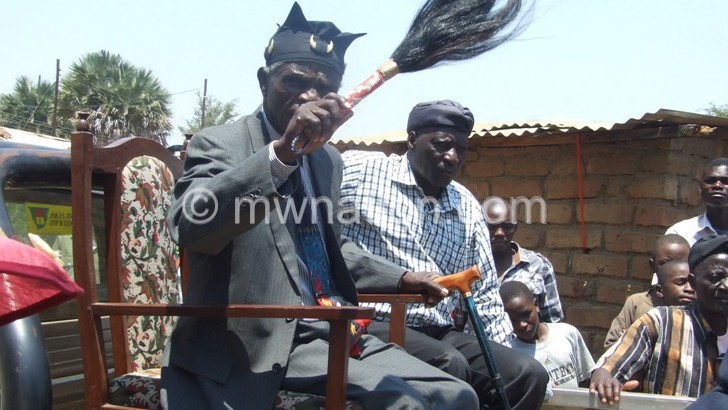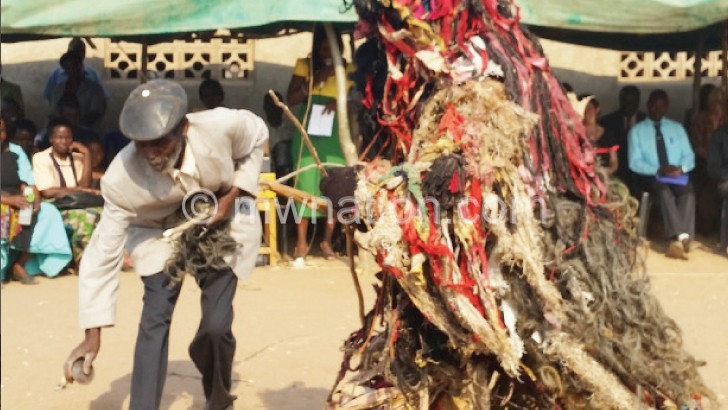Tumbukas to commemorate Gonapamuhanya tomorrow
Behold, the chief is coming, meek, and riding upon a donkey. The venue is Bolero Ground in Rumphi. The activity is Gonapamuhanya Cultural Festival of the Tumbuka ethnic group in Rumphi and Lundazi, Zambia.
Garments will be spread in the road; and loyalists will cut braches from the trees, and spread them in the road. The crowd at the venue will cry out ‘hail our chief! The highest of authority in our land!’ And others will ululate.

But don’t mistake it with the triumphant entry of Jesus into Jerusalem.
It is a triumphal entry of Paramount Chief Chikulamayembe into Bolero, his headquarters, to lead his subjects in commemorating the first Chikulamayembe named Gonapamuhanya.
Dance, recounting of history and beer drinking will be the catchphrases. This is the moment the Tumbuka ethnic group longs and pants for to remember their origins, and to celebrate their cultural heritage.
The triumphal entry of the chief is the climax of it all.
“This is the day our people long for. We have traditional dances, mkontho [opaque beer] and a reminder of our history,” said Chikulamayembe the 12th.
The Tumbuka settled in Malawi in the 15th Century after migrating from Timbktu in Mali. They were Swahili speaking business people, selling jewels, hoes and soap.
The name Chikulamayembe is a corruption of the Swahili words ‘chukuwa jembe’ (take a hoe).
“When we settled in Rumphi, the Tumbuka there were farming without hoes. But, as Swahili-speaking people, we said chukuwa jembe. But the Tumbuka could not understand us. They thought we said ‘chikulamayembe’. That’s how our name came into being,” said the supreme chief of the Tumbuka.
Chikulamayembe said their chieftaincy came without waging war with any tribe, boasting that it is a chieftaincy in the country that came on a silver platter.
“Our chieftaincy came on a silver platter. The Tumbuka gave us the chieftaincy because we came with hoes, soap and jewels. We never killed anyone,” he said.
Gonapamuhanya was the first Chikulamayembe to settle at Bolero where the Chikulamayembe chieftaincy is today.
It is said that the first chief used to bask on the sun after eating; hence the name Gonapamuhanya. He first married Nyauhanga, but there were no children between them.
He then married Nyakumwenda where he had several children to take over the chieftaincy after his death.
The present Chikulamayembe, Walter Gondwe, took over the throne in 1969 in acting capacity after Chikulamayembe the 11th (John Hardy Gondwe also known as Ziwange) was sick.
In 1977, Walter was crowned Chikulamayembe the 12th. In 2002, Chikulamayembe was elevated to senior chief. And in 2007, he was made Paramount Chief.
In 2012, his son Mtima Gondwe was unveiled as acting Chikulamayembe at a similar event.
Gonapamuhanya is commemorated every year on September 13. This year, the event was postponed to this weekend after government officials expressed interest to grace the occasion. n





